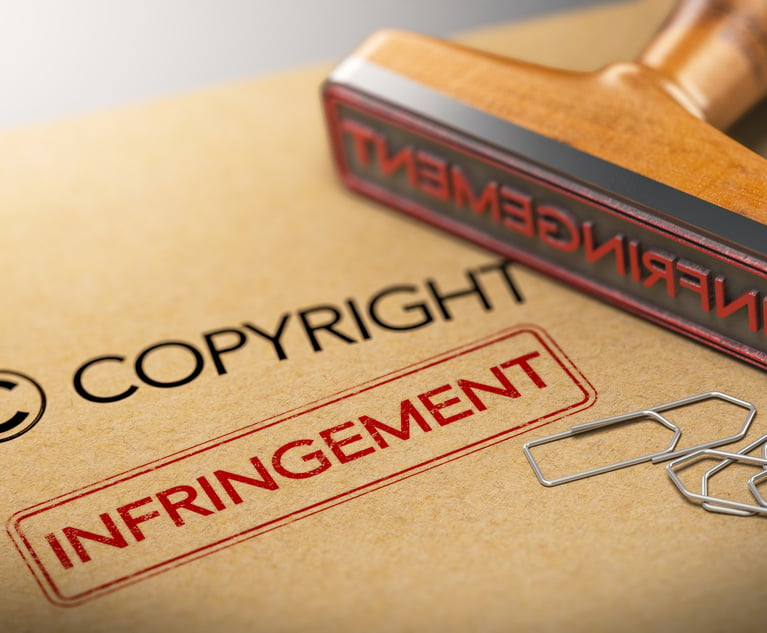 Summary judgment is a critical tool in the litigator’s cost control arsenal as it can save both parties from incurring astronomical trial costs in cases where arguably no triable issues exist. Under the New York CPLR, however, the denial of a strong summary judgment motion presents the moving party with a conundrum: The denial order is immediately appealable; but that appeal does not stay the trial. As a result, both the attorney and the client must bear the intense financial burden of a two-front war, and simultaneously prepare for both trial and appeal. To alleviate the strain on both parties and overburdened trial courts, we propose amending the CPLR to encourage discretionary stays of the underlying trial while an appeal of a dispositive summary judgment motion is pending. For guidance, we look to the framework crafted by the federal courts for permitting interlocutory appeals of Fed. R. Civ. P. 23(f) motions for class certification.
Summary judgment is a critical tool in the litigator’s cost control arsenal as it can save both parties from incurring astronomical trial costs in cases where arguably no triable issues exist. Under the New York CPLR, however, the denial of a strong summary judgment motion presents the moving party with a conundrum: The denial order is immediately appealable; but that appeal does not stay the trial. As a result, both the attorney and the client must bear the intense financial burden of a two-front war, and simultaneously prepare for both trial and appeal. To alleviate the strain on both parties and overburdened trial courts, we propose amending the CPLR to encourage discretionary stays of the underlying trial while an appeal of a dispositive summary judgment motion is pending. For guidance, we look to the framework crafted by the federal courts for permitting interlocutory appeals of Fed. R. Civ. P. 23(f) motions for class certification.
Stays of enforcement pending appeal are largely governed by CPLR 5519. Although at first glance 5519(a) appears to contain a lengthy list of situations in which an automatic stay is available, it is largely inapplicable to interlocutory appeals unless the government is a party. Technically, discretionary stays of interlocutory appeals are available under CPLR 5519(c) from either the trial or appellate court, but that provision provides no guidance as to when a stay is warranted. (The same holds true for the trial court’s power to grant discretionary stays generally under CPLR 2201). Thus, stays are notoriously difficult to obtain absent a very favorable judge.






